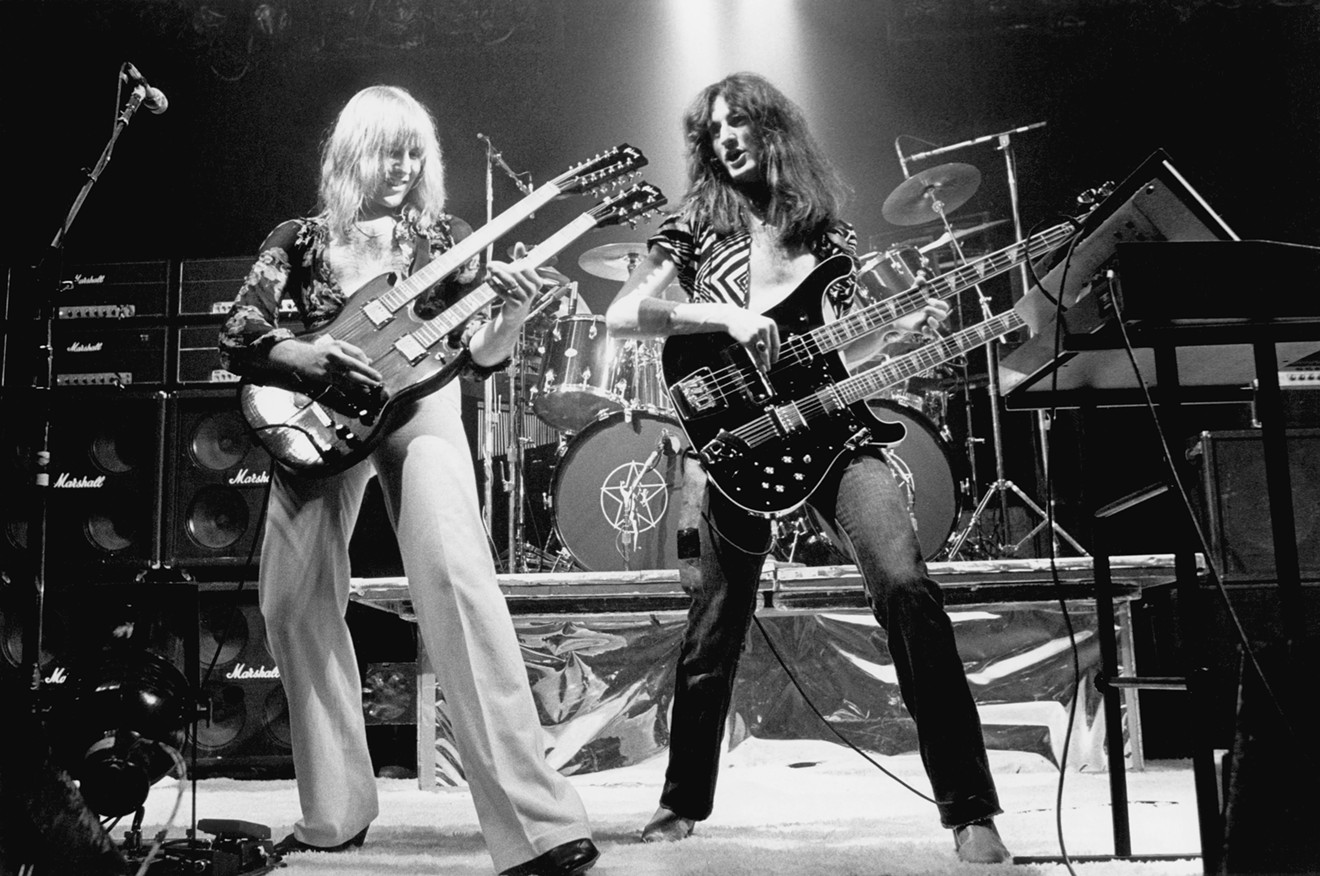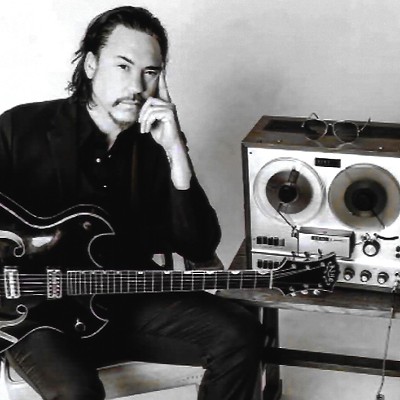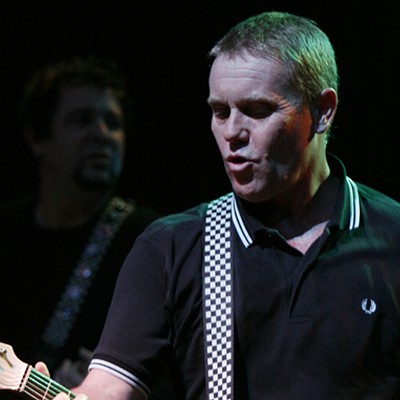By David Weigel
W.W. Norton, 368 pp. $26.95
Prog Rock. The mere mention of the term will drive its proponents into sonic ecstasy waxing about tritones, offbeat time signatures, Moog keyboards, tubular bells and tales of topographic oceans. But to its detractors, prog is a pompous, bloated genre filled with excessive noodling and laughable sci-fi/Middle Earth subject matter, a relic of the ‘70s killed off by punk and disco.
Regardless of one’s stance on Prog, the much-maligned genre gets a fine and substantive history – for both general readers and more tuned-in fans – in David Weigel's The Show That Never Ends. The author will discuss his book and sign copies at Cactus Music next Saturday, June 17, at 1 p.m.
Weigel’s day gig is
“When I was 15 or 16, I was into Metallica and AC/DC, but looking for different music like that. A friend introduced me to Yes, and I bought some Yes and Genesis tapes, and it all opened to me,” he says. “And then I burrowed deeper and deeper, and this type of music seemed to be hidden away from the rest of pop culture. And it was old by the time I discovered it.”
In the book, Weigel details the stories of the genre's big names like Yes; Jethro Tull; Rush; Emerson, Lake and Palmer; King Crimson; Mike Oldfield; The Moody Blues; Pink Floyd; and Genesis. But here are also lesser-known cult faves like Gong, Gentle Giant, Van Der Graaf Generator, the Soft Machine, and Caravan. One group – French band Magma – even sang lyrics written in their self-created language, “Kobaïan.”
The seeds of Prog began in the late ‘60s with acts like Procol Harum, the Nice, the Moody Blues, and the Soft Machine, predominantly British acts that wanted to add experimental and classical influences to their music, as well as take on grander themes and subjects often not rooted in the day. It was a direct response to the throwaway three-minute pop
As laid out by Weigel, the three foundations of Prog Rock are retrospection, futurism and experimentation; having painted album-cover art by Roger Dean doesn’t hurt either. The author combined both extensive archival research and scores of new interviews with many of the musicians.
“Researching the book, I realized how much the music press was [against]
Ironically, one of those most content with the falling away from
“A lot of people have written about his music, sort of academic histories, and Fripp has been one of the most generous people in writing about it as well as giving interviews. So there’s a ton of material with Fripp, especially what’s on the internet,” Weigel says.

Procol Harum was one of Prog's earliest adherents, hitting it big with 1967's "A Whiter Shade of Pale."
Photo courtesy of W.W. Norton
Weigel did not get a chance to speak with Fripp for the book, but he did many others, and it’s somewhat surprising how many have passed recently since their interviews: Chris Squire of Yes, Keith Emerson and Greg Lake of ELP, Daevid Allen of Gong and John Wetton of King Crimson/Asia among them.
“[All of them] have done interviews before, but sort of about their ‘greatest hits.’ And whether I approached them through an agent or an email or whatever, I made it clear I wanted to do something deeper,” Weigel says.
He mentions talking to John Wetton about how much he was influenced by Joni Mitchell, and Steve Hackett about the music business in the ’80s, which he hadn’t talked about a lot before. As a political reporter, Weigel says that he launched things from a different direction than perhaps a music feature writer would.
As for the state of Prog Rock today, Weigel feels that it’s progressive metal bands like Tool, Opeth, and Coheed and Cambria who carry on that spirit of exploration and going further. Though he also notes that with Spotify, Pandora and YouTube, it’s easier than ever to be immersed the classic works of the ‘70s giants.
The book (whose title is a lyric from one of ELP’s biggest hits) opens with Weigel on a boat, attending the annual prog-themed and Yes-helmed “Cruise to the Edge” trip. Which – depending on an artist’s viewpoint – either gives him a chance to mingle with his biggest
“Working on this book while on a cruise when it’s easy to fall back in pleasure was sometimes difficult!” he laughs, adding that the free-to-the-media amenities (including a bar) reminded him of when he covered the Republican Presidential Debate at the University of Houston last year.
“But it was a dream. These were people who were not only interested in the music, but often learned how to play it themselves, and that would come out in these informal shows at night,” he says. “They were among others who loved the music – not their friends rolling their eyes. I appreciated the fans and the artists more in that proximity.”
David Weigel will discuss and sign copies of The Show That Never Ends at 1 p.m. Saturday, June 17, at Cactus Music, 2110 Portsmouth.









